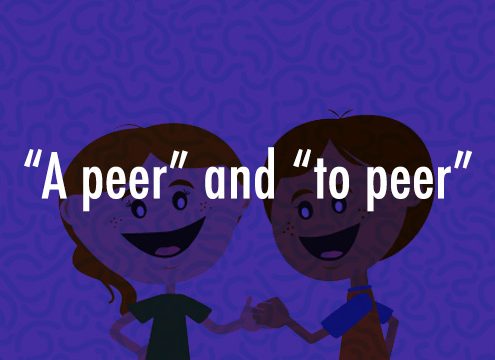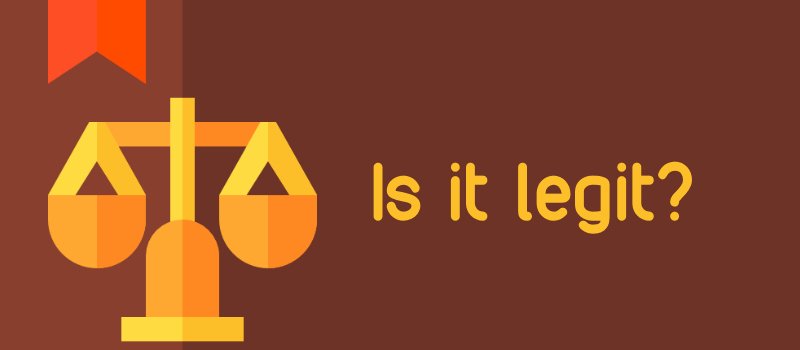“Peer” is a noun and a verb. Let´s start with the noun. A peer is a lord (un lord o noble) who has the right to speak in the “House of Lords” (la cámera de los lores), the upper chamber (la camera alta) in the Houses of Parliament in London.
After many years of public or professional service, a person can be made (by the Queen and Prime Minister) “a life peer” (le concedieron un título vitalicio), meaning that he participates in the processes of the House of Lords. That person is given a “peerage” (un título de nobleza).
Another use of peer refers to someone who is in the same group or has the same status (par). For example:
- Vladimir Ashkenazy (the pianist) has no peer (…no tiene para or igual). He is “peerless” (sin par, incomparable).
Your peer group (grupo paritario) would be those who work at the same level as you do. Your work could be reviewed by your peer group, so you are subject to a “peer review” (una evaluación por los iguales).
- The politician was judged by his peer group (= the other politicians).
Now as a verb. You can peer at (espiar) someone, for example, from behind a fence or tree, and you are not normally seen by the other person. Or you can “peer over” something (mirar por encima de algo). Here are two examples:
- Mr. Sanchez was peering over the fence at the family in the garden next door (…estaba espiando a…)
- Mr. Corbyn, the Labour Party leader, peered over the wall (…se asoma para mirar por encima de la pared).
You can peer at something with difficulty (mirar algo/a alguien con ojos de miope), and you can “peer into” or “scrutinize” someone´s face (escudriñar a cara a alguien) or peer into a room.
So, we all have “peer groups”, have sometimes “peered” at someone, been judged by our colleagues (peer group), and some of you would like to be made “a peer”.










